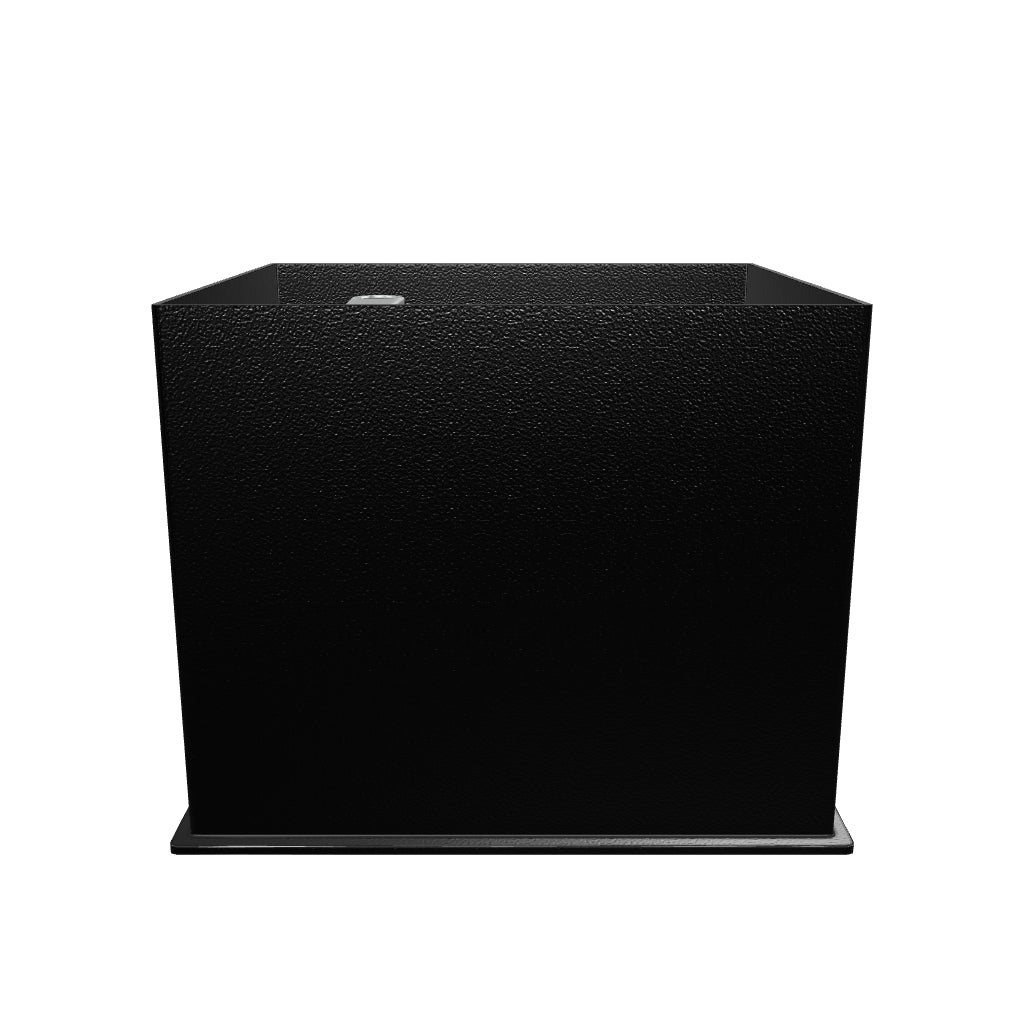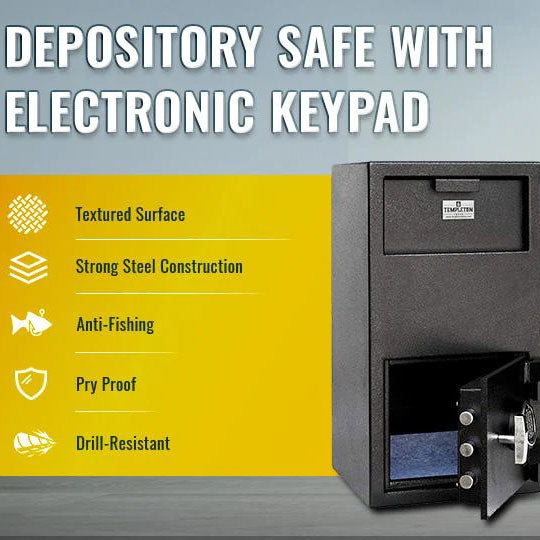Preserving Confidentiality: Choosing the Best Medical Facility Safes
In the bustling world of medical facilities, confidentiality is paramount. Whether you’re safeguarding patient records, valuable medications, or sensitive equipment, having the right safe can make all the difference. Let’s explore the various types of medical facility safes and their features to ensure your assets remain secure.
1. Electronic Keypad Safes
What They Are: Electronic keypad safes rely on PIN codes for access. They’re user-friendly and allow authorized personnel to quickly retrieve items without fumbling for keys.
Why They Matter:
- Efficiency: These safes eliminate the need to carry physical keys, as a simple code grants access. This feature is particularly beneficial in a fast-paced medical environment where time is of the essence.
- Audit Trail: Electronic safes often come equipped with logging capabilities, which record entry times and user identities. This audit trail enhances accountability and helps track who accessed the safe and when.
- Quick Access: In emergency situations, the ability to rapidly open a safe can be crucial. Entering a code is typically faster than finding and using a key, ensuring that critical items are accessible without delay.
2. Depository Drop Safes
What They Are: Depository drop safes feature a slot or chute for depositing items without opening the main safe door. Think of them as secure mailboxes.
Why They Matter:
- Cash Handling: These safes are ideal for collecting cash payments or securely storing sensitive documents. They allow staff to deposit items securely without needing to open the safe, which can reduce the risk of theft or loss.
- 24/7 Deposits: Staff can deposit items at any time, even when the main safe is locked. This flexibility is useful in a healthcare setting where valuable items may need to be secured outside of regular business hours.
- Reduced Exposure: By minimizing the exposure of valuables during deposits, these safes enhance overall security. Only authorized personnel can access the main compartment, reducing the risk of internal theft.
3. Multi-Compartment Safes
What They Are: Multi-compartment safes have separate sections within a single safe. Each compartment has its own lock, allowing segregation of items.
Why They Matter:
- Organization: These safes enable medical facilities to keep medications, records, and emergency supplies separate yet accessible. This organization helps maintain order and ensures that items are easy to locate.
- Tiered Security: Different compartments can have different access levels, which is essential for controlling access to sensitive substances and ensuring that only authorized personnel can retrieve certain items.
- Space Optimization: By combining multiple storage options into one unit, these safes save space and streamline security management within the facility.
The Importance of Safes in Inpatient Medical Facilities
Inpatient medical facilities play a crucial role in providing care and support to patients in need. Within these facilities, sensitive patient information and valuable assets are stored, making security a top priority. To safeguard both patients and staff, it is essential to invest in high-quality safes designed to meet the unique security needs of inpatient medical environments.
1. Protecting Sensitive Information
Inpatient medical facilities house a wealth of sensitive patient information, from medical records to personal identification details. Safes play a pivotal role in ensuring the confidentiality and privacy of this information, preventing unauthorized access and potential data breaches.
2. Securing Valuables
Beyond patient records, medical facilities often store valuable assets such as medications, medical equipment, and other supplies that are crucial for patient care. Safes provide a secure storage solution, protecting these assets from theft or misuse.
Choosing the Right Safe
Selecting the appropriate safe for an inpatient medical facility involves considering specific factors to address the unique challenges of the healthcare environment:
- Size and Capacity: Assess the volume of items that need to be stored and choose a safe with sufficient capacity. This ensures that all essential documents and valuables can be securely housed without compromising on space.
- Fire Resistance: In the event of a fire or water-related incident, it is crucial to have a safe that offers protection against these elements. Look for safes with adequate fire and water resistance ratings to safeguard sensitive materials.
- Access Control Systems: Implement advanced access control systems, such as electronic locks or biometric authentication, to ensure that only authorized personnel can access the safe. This adds an extra layer of security and accountability.
Consider our flagship Templeton Safe - T865 Large Depository Drop Safe with Multi-user Keypad. This meticulously designed safe provides complete control over user access, making it an ideal choice for high-turnover environments commonly found in healthcare settings.
Key Features:
- Multi-User Keypad: The Templeton Safes T865 accepts up to 6 security codes, allowing for multiple key-authorized user access. This feature ensures that only authorized personnel can gain entry, enhancing overall security.
- Drop Drawer Convenience: Designed for efficiency, the secure drop drawer allows end-of-shift staff to deposit funds without accessing other contents. This feature not only streamlines operations but also minimizes the risk associated with frequent access, ensuring the safety of deposited items.

Investing in high-quality safes for inpatient medical facilities is a proactive measure to protect sensitive information and valuable assets. By choosing the right safe and implementing robust security measures, healthcare providers can create a secure environment for both patients and staff.
Conclusion
When choosing a medical facility safe, consider your specific needs. Evaluate factors like capacity, ease of use, and security features. Remember, preserving confidentiality isn’t just about locks and bolts—it’s about ensuring trust and peace of mind for patients, staff, and your organization. Selecting the right safe can safeguard sensitive information, protect valuable assets, and ultimately contribute to the smooth and secure operation of your medical facility.






























